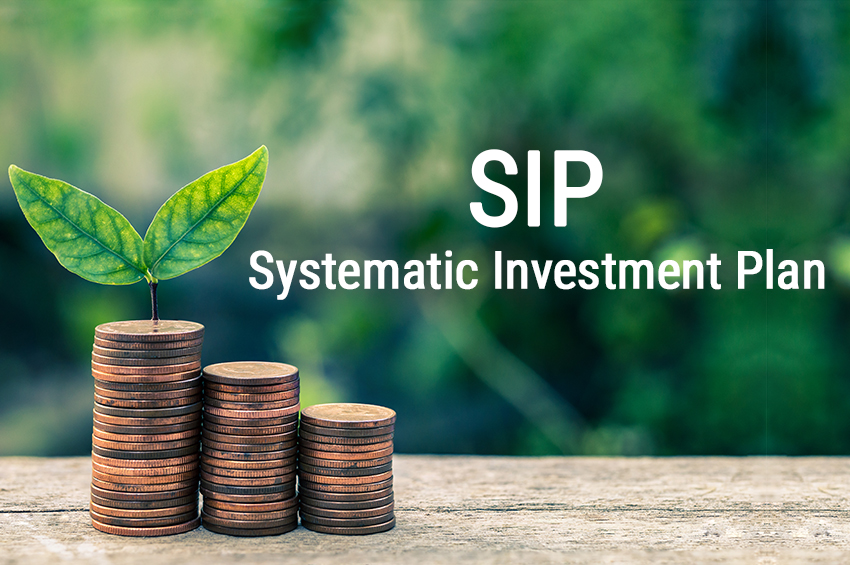Winning Bizness Desk
Mumbai. One of the easiest ways to invest in equities is through a Systematic Investment Plan (SIP), but many of us still overcomplicate it. So to get through this we have brought you the 7-5-3-1 rule of Funds India. This rule is very simple and effective. This rule can make you a good equity SIP investor.
What is the 7-5-3-1 rule?
1) Have an investment tenure of 7+ years
Stock markets usually perform well over a seven-year period. Over the past 22 years, when invested for a period of one year, Nifty 50 TRI has returned more than 10 percent annualized in 58 percent of the periods. But, if the investment is made with a 7-year time horizon, 80 percent of the 22-year periods have yielded more than 10 percent returns from the equity market. Besides, despite the bad market conditions, investors have not received negative returns over a period of 7 years. Investors have earned at least 5 percent annual returns even in the worst case scenario. Hence, you can invest for a period of up to 7 years to get the most out of your equity SIP investment.
2) The '5 Finger Framework'
When we invest solely on the basis of past returns, our portfolio depends on specific themes. And when such themes expire, your entire portfolio starts to underperform. Hence, make your portfolio more attractive through various investment avenues and market caps to build a good portfolio for the long term. Which will give you good returns. The '5 Finger Framework' aims to deliver consistent performance with minimal downsides over a long period of time. Investment decisions are made on a portfolio in equity funds, taking investment decisions based on quality, value, fair price growth, mid and small cap and global factors at different times.
3) Be mentally prepared for 3 common reasons for failure
Although the equity market has historically provided excellent returns over a long period of time, surviving the three phases of failure in the initial years is a real challenge. a) Desperation stage – where returns (7-10%) are available. b) Irritability – where the returns are much less than our expectations (0-7%). c) Panic phase – where returns reach negative (below 0%).
This phase is caused by fluctuations in the equity market. The history of the Indian stock market over the last 42 years suggests that the market experiences a temporary fall of 10-20% almost every year and a fall of 30-60% once in every 7-10 years. The first few years of your SIP investment can be very difficult. This is because occasional market declines can lead to large declines in equity returns leading to frustration, irritation and fear. But, also note that this decline is temporary. Because, the equity market improves in 1-3 years and also gives good returns.
4) Increase your SIP amount every year
A small increase in your equity SIP investment amount every year can make a big difference in your portfolio's amount over the long term. Increasing the SIP amount every year can give you a good profit. such as, your financial goals can be achieved quickly and it can increase your financial goals also. A 10% annual growth in the portfolio value of a 20-year SIP gives double the returns of the amount invested annually through a normal SIP.


